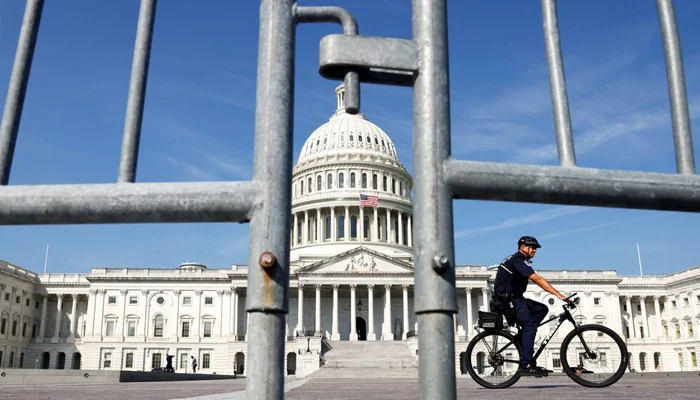US Congress Faces Funding Deadline as Partisan Tensions Rise
Washington, September 2, 2025 — The US Congress is back in session with just weeks left to avoid a potential government shutdown. Lawmakers must reach an agreement on federal funding by September 30, but deep political divisions are already shaping the debate.
A Divided Capitol
Partisan rifts have grown sharper during the first year of President Donald Trump’s new administration. Democrats remain frustrated after the White House withheld spending that had been previously approved in bipartisan deals. The administration’s tax-cut bill, passed in July, added fuel to the fire. Analysts warned it could lead to more than 10 million low-income Americans losing healthcare coverage.
At stake is about $1.8 trillion in discretionary spending within the larger $7 trillion federal budget. However, the debate is not only about numbers. Other contentious issues — including the release of files connected to Jeffrey Epstein and the deployment of federal forces in Washington, D.C. — are also expected to complicate negotiations.
A History of Shutdowns
Since 1981, the US has experienced 14 partial government shutdowns. Most lasted only a few days, but the longest — 34 days in late 2018 and early 2019 — occurred during Trump’s first term.
This time, Republicans control both chambers of Congress, with a 219–212 edge in the House and a 53–47 majority in the Senate. But Senate rules require 60 votes to pass most bills, meaning at least seven Democrats will need to support any funding plan.
The Blame Game Begins
With the deadline approaching, both parties are already positioning themselves for potential fallout. Democrats argue they cannot continue with “business as usual” after funding cuts pushed by the administration. Senate Minority Leader Chuck Schumer warned in a July letter that Republicans should not expect automatic Democratic support for appropriations.
On the other side, Senate Majority Leader John Thune expressed hope for compromise, saying he wanted the process to remain bipartisan.
Still, some Democrats see leverage in the deadline. Senator Elizabeth Warren told supporters at a Nebraska rally that Republicans must restore healthcare access if they want Democratic votes:
“You want my vote? Then by golly, you can restore healthcare for 10 million Americans.”
What’s Next?
Democratic leaders have requested a meeting with Republicans to discuss possible assurances that future approved funding will not be rolled back. But whether both sides can come to terms remains uncertain.
Meanwhile, the national debt continues to climb. According to the Treasury Department, US federal debt now stands at $37.25 trillion, fueled by decades of government spending that outpaces revenue under both Republican and Democratic administrations.
With just weeks left, the coming debates will determine not only whether federal agencies stay open but also how both parties set the tone heading into the next election cycle.

